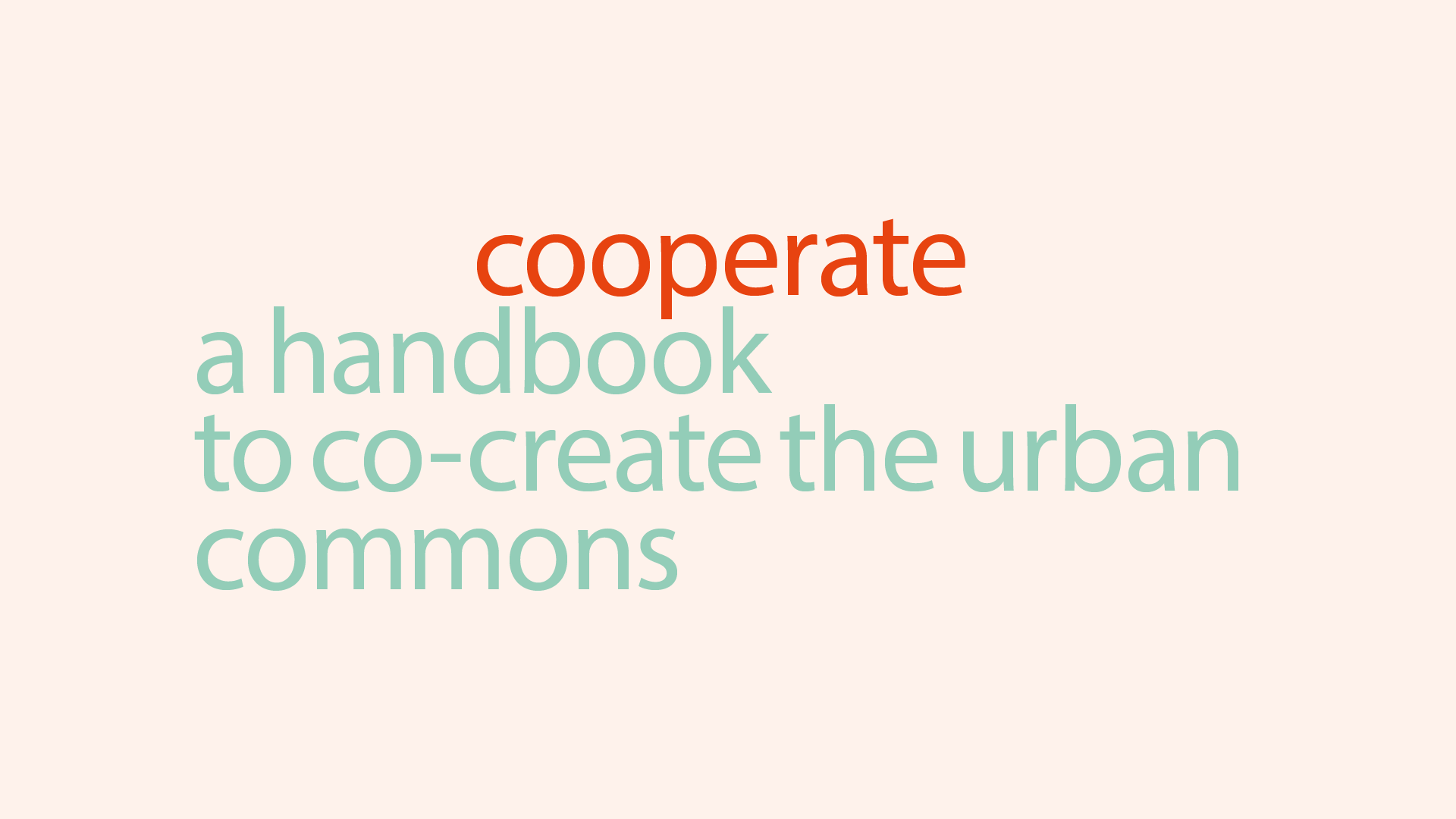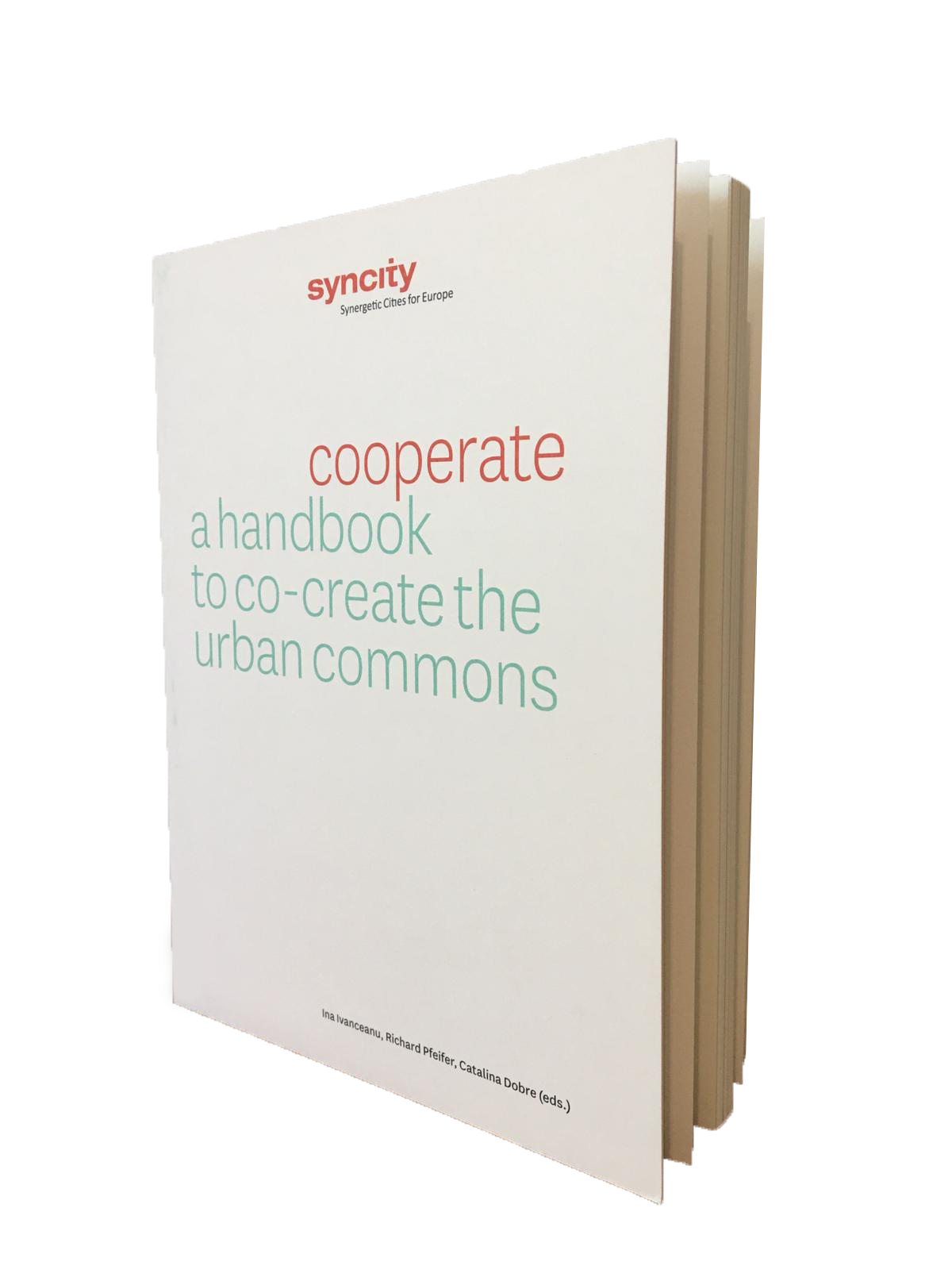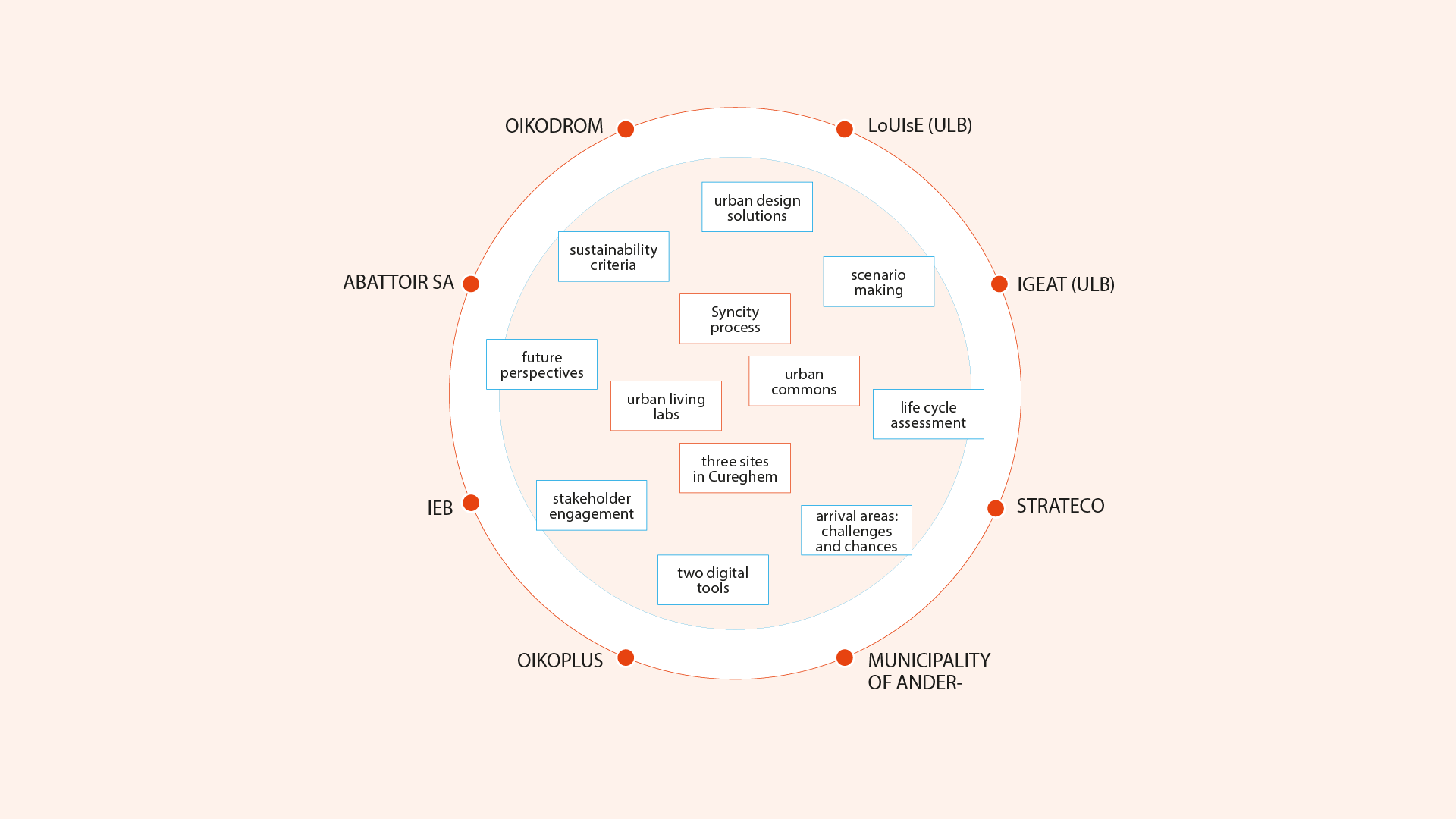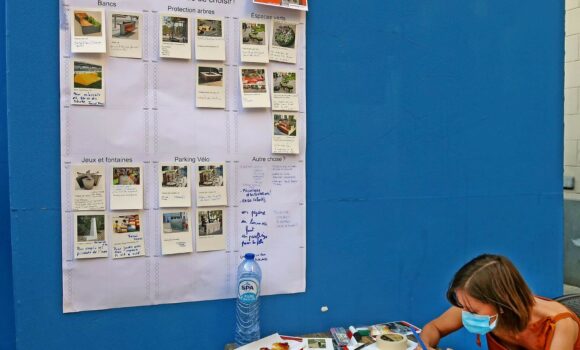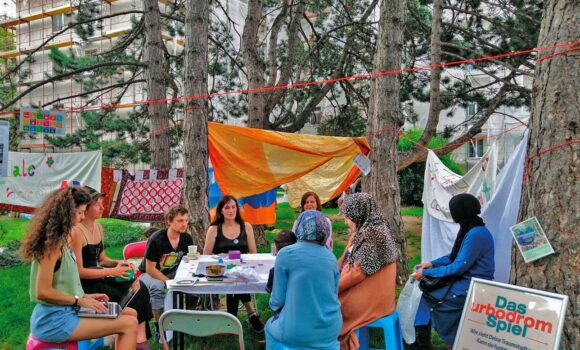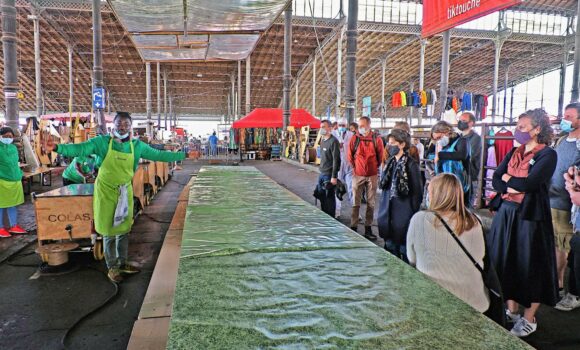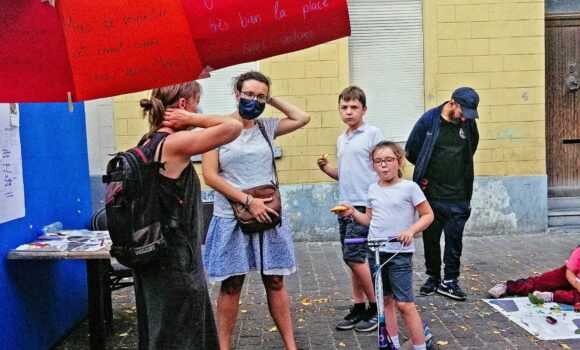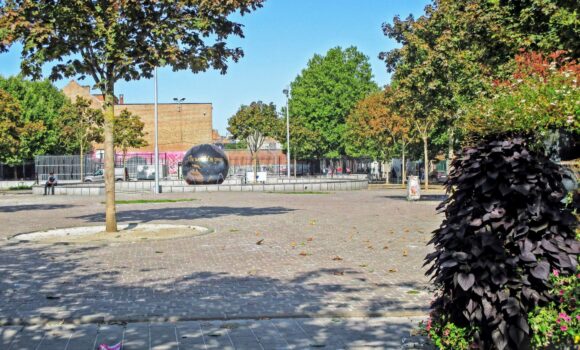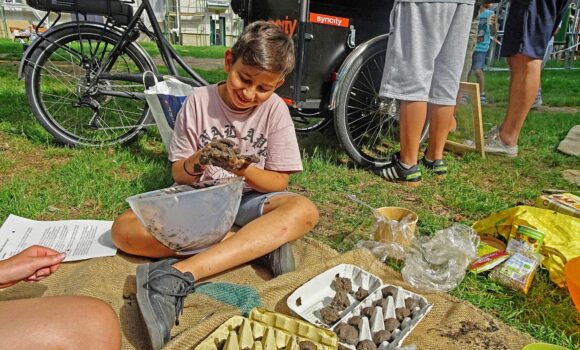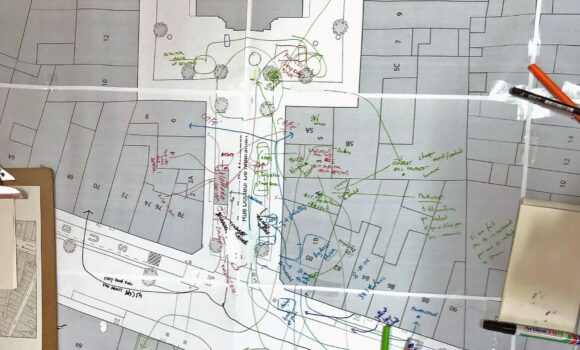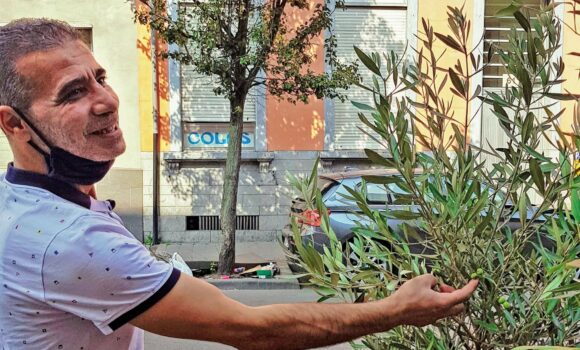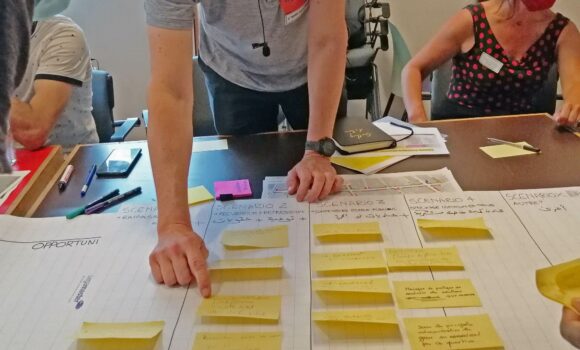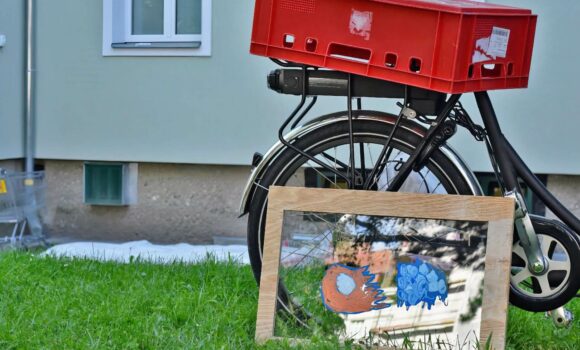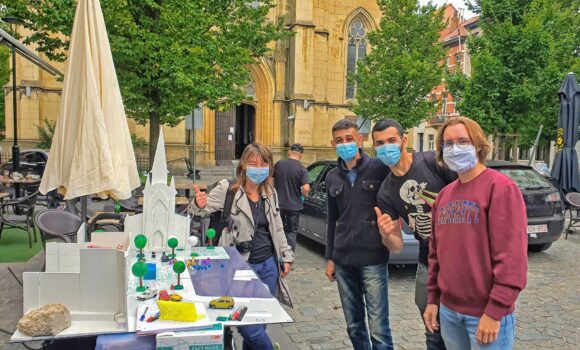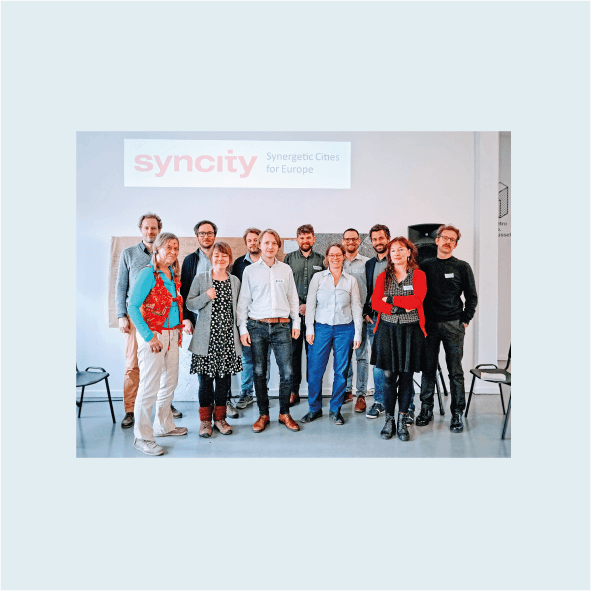
The Syncity project, which ran from 2019 to 2021, focused on the Cureghem neighbourhood in Brussels, Belgium.
It was about people exchanging ideas on the present and the future of a neighbourhood that is undergoing major urban transformation pressures. It was about starting new conversations and making connections, between academics, local associations, public authorities, retailers, business people, workers, students and residents. It was about understanding a neighbourhood as a truly social place. Then came Covid-19 and not surprisingly, the onset of the pandemic also affected the Syncity project.
The backbone of communication between the project partners and the residents and users of the neighbourhood was a series of Urban Living Labs: spaces of lively exchange and discussion that were meant to run over a period of two years and address the very tangible challenges faced by the people of Cureghem. This exchange became very difficult from spring 2020 onwards. Many planned events were banned as a preventive measure against the spread of Covid-19, others could only be organised in a much-reduced form and still involving risks. Syncity, as a transnational, applied, participatory and social science-oriented project, thrived on a diverse source base, including contributions from participating residents and users of Cureghem in the context of these Urban Living Labs. Cutting back on these labs obviously had an impact on the course of the project.
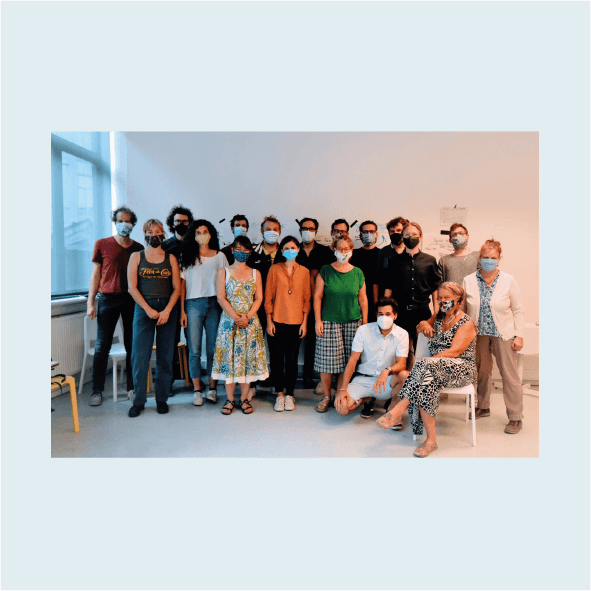
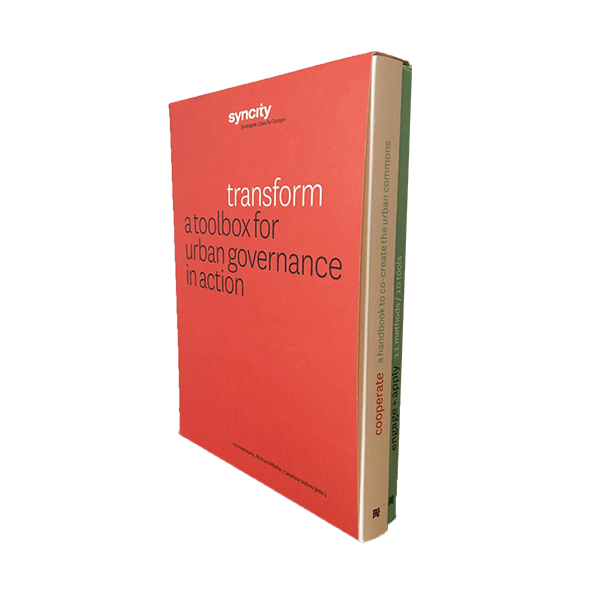
How to make urban transformation truly engaging, just and sustainability-oriented? The Syncity toolbox offers innovative concepts and practical ideas, based on lessons learnt from the city quarter of Cureghem in Brussels. It is especially valuable for disadvantaged neighbourhoods. The vision: cities in balance with natural resources, where residents, no matter their socio-economic or cultural background, can live, work and learn in synergy with the place, growing and renewing it together.

This project has received funding in the framework of the Joint Programming Initiative Urban Europe.
